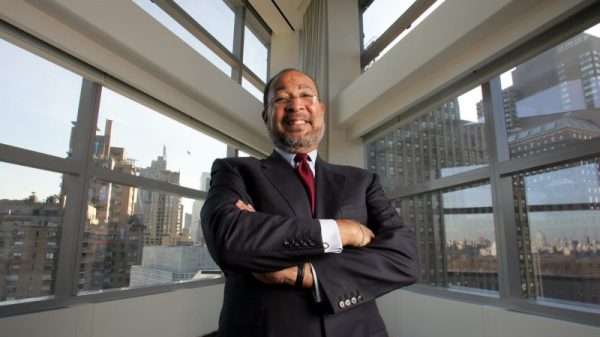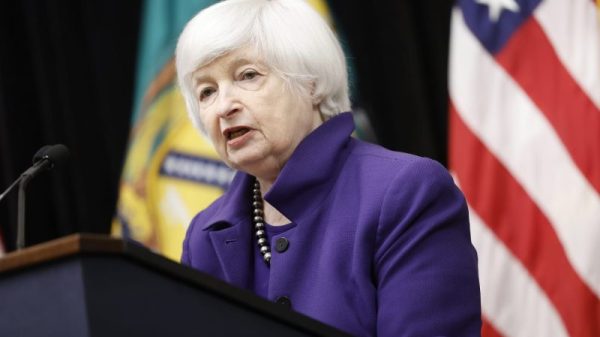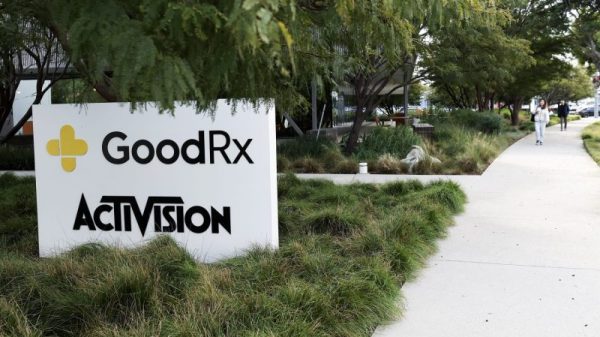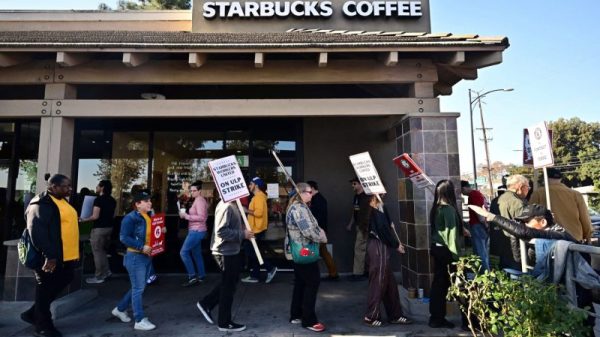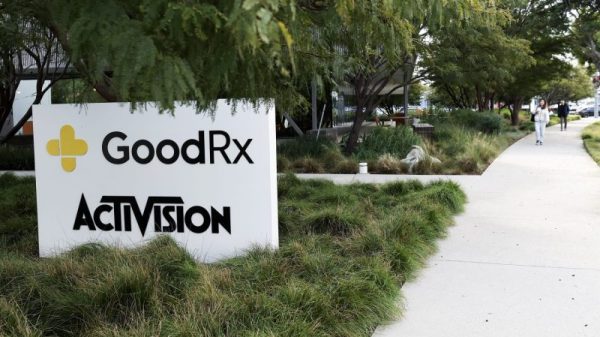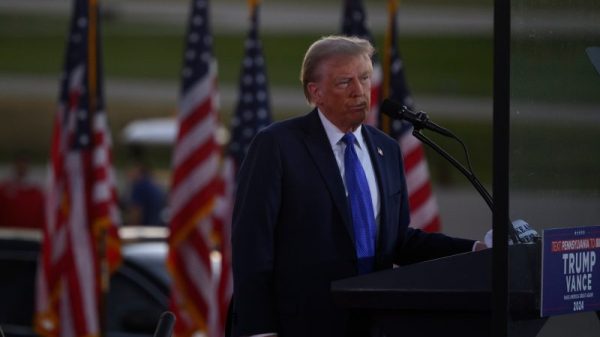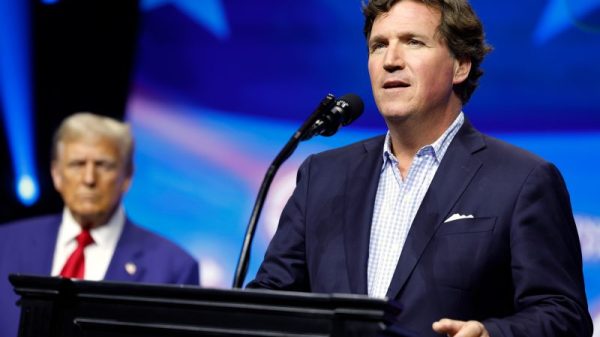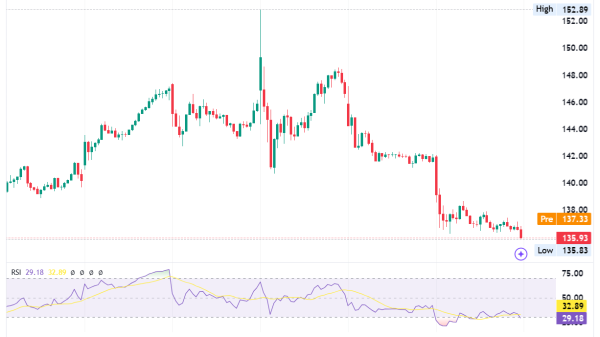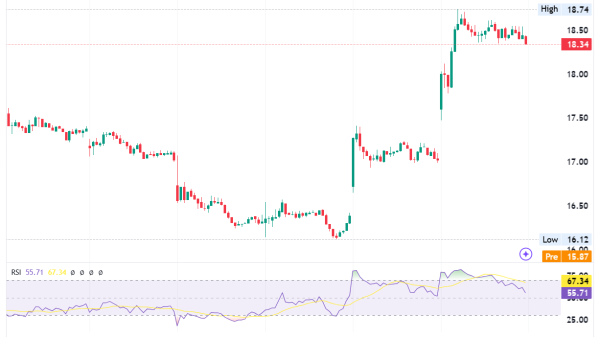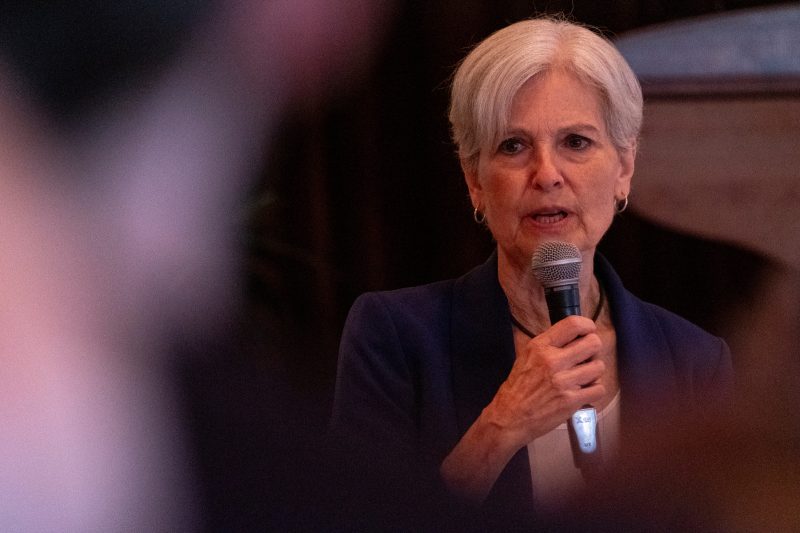The impact of independent Robert F. Kennedy Jr. suspending his presidential campaign Friday and endorsing Donald Trump remains to be seen.
It’s more likely to be a boon to Trump than to Vice President Kamala Harris, given Kennedy was drawing significantly more votes from the right and from would-be Trump supporters. But Kennedy’s share of the vote was at about 5 percent and falling.
One thing that’s relatively evident, though: To the extent the remaining third-party and independent candidates pull votes and even potentially play spoilers, it appears more likely to be at Harris’s expense.
Kennedy’s exit leaves three significant names below Trump and Harris on at least some state ballots: Green Party candidate Jill Stein, Libertarian Party candidate Chase Oliver and independent Cornel West.
All three come from left-leaning backgrounds. Stein and West are both generally further to the political left than Harris. Oliver’s potential appeal is harder to define, as it often is with Libertarians. But he’s a former Democrat and left-leaning Libertarian who defeated a more right-wing candidate at May’s Libertarian National Convention.
And the party chairwoman surmised in June, when President Joe Biden was still in the race, that Oliver was “going to pull two-to-one from Biden, as opposed to Trump.”
Plenty of people speculated after the 2016 election that third-party candidates — and especially Stein — cost Hillary Clinton the presidency. That overlooked how Libertarian nominee Gary Johnson counteracted Stein somewhat by pulling votes from the right. But Johnson was a former Republican governor; the field of non-major-party candidates this time isn’t so balanced.
And the limited evidence we have thus far suggests they should have more appeal to the left.
These candidates are pulling such small percentages of the vote (around 1 percent or less) that it’s difficult to say with any certainty who they’re hurting. But the polling offers some clues:
A recent Washington Post-ABC News-Ipsos poll showed Stein and West each pulling about 1 percent of Democratic-leaning voters and less than half a percent of Republican-leaning ones.
A Fox News poll showed both taking 1 percent of Biden 2020 voters; more than either took among Trump 2020 voters. (Both got zero percent from self-described “conservatives.”)
A New York Times/Siena College poll also showed both taking more from 2020 Biden voters than 2020 Trump voters.
And a Marquette University Law School poll showed Stein taking 6 percent among less-partisan Democrats, her highest level of support among any group on the partisan spectrum. (She took nothing from any Republican-leaning group.)
Oliver is currently drawing about evenly across party lines in the Fox, Times/Siena and Marquette polls, making him somewhat more of a wild card. But a recent Monmouth University poll showed he was at least an option for more Democrats; 1 percent said they would definitely support him (compared with zero percent for Republicans), and fewer Democrats ruled him out entirely (66 percent) than Republicans (72 percent).
There is plenty to argue against these candidates ever playing spoilers.
Many voters who support them might otherwise just stay home rather than vote for a major-party candidate. You can’t just transfer their votes directly to the side they overlap with more, as many disappointed Democrats did with Stein in 2016.
The numbers we’re talking about here are also very small — significantly smaller than in a race that included Kennedy. And ballot access could pose a hurdle. Stein has so far qualified in about half of swing states and learned she will remain on Wisconsin’s ballot Monday. As for West, Republicans are trying to salvage his ballot spot in Arizona and he was only recently cleared for North Carolina’s ballot. Oliver has more extensive ballot access as the nominee of the Libertarian Party, which is generally the country’s third-ranking political party.
But to the extent these candidates get on the ballot, Stein and West especially, very small numbers could matter. The pivotal states in the last two presidential elections, after all, were decided by less than a point — 0.7 percent in Pennsylvania in 2016, and 0.6 percent in Wisconsin in 2020.
And Stein isn’t the only candidate whose past races showed how those small numbers could make a difference. Oliver was the Libertarian Party’s nominee for Senate in Georgia in 2022. He took just 2 percent, but he forced the race into a runoff.






